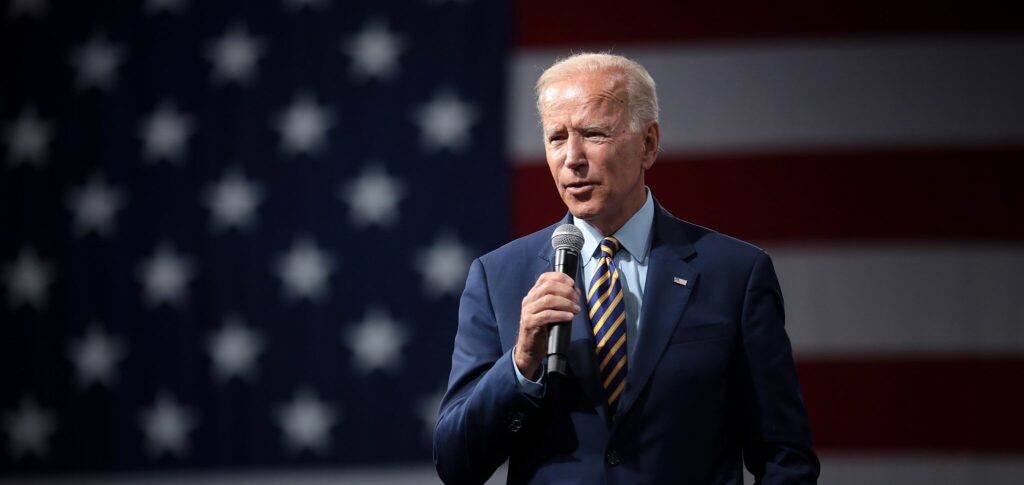Did any party win?
After days of long and difficult negotiations, the agreement allows both sides to claim a victory of sorts. Biden called it a “compromise”, while Republican House Speaker Kevin McCarthy described the understanding as “worthy of the American people”.
ADVERTISING
The 99-page text was released on Sunday night and will be the subject of analysis and debate in the coming days by both parties.
Some demands from both sides were not accepted, such as the elimination of certain tax loopholes, requested by Democrats, and the repeal of clean energy tax credits, which was sought by Republicans.
The axis of the issue
Known formally as the Fiscal Responsibility Act of 2023, the bill proposes eliminating the $31,4 trillion debt ceiling for two years, meaning Biden will not need to negotiate it again before the presidential election. 2024.
ADVERTISING
The deal also imposes limited restrictions on federal spending, which will please some Republicans, but does not offer the big cuts sought by more conservatives, which more progressive Democrats have reportedly resisted.
Additional
The deal keeps non-military spending roughly flat for the 2024 fiscal year starting this year, and caps the increase at 1% for 2025, according to sources close to the negotiations. It also maintains the Biden administration's plans to increase spending for active and retired military personnel, in line with inflation.
Reduction of tax entity
The agreement also reduces resources allocated to expanding the Internal Tax Service (IRS). Last year, Congress approved $80 billion for the IRS to boost tax enforcement and oversight. The debt ceiling deal would cut $10 billion from the budget for spending in other areas.
ADVERTISING
Money not spent due to Covid
The agreement would also recover some resources that Congress allocated for the pandemic but were not used. In a statement, McCarthy's office said the agreement would end “billions of unspent Covid-19 funds,” but did not reveal details.
There will be no changes to Medicaid, the government's health insurance program for disadvantaged Americans.
Job Requirements
The agreement establishes work requirements for people receiving federal food aid or family benefits, a victory for the Republican side.
ADVERTISING
The age requirement for childless adults to work is expected to increase from 49 to 54 so they can receive food stamps. As a concession to Democrats, the agreement is expected to relax requirements for retirees and the homeless.



